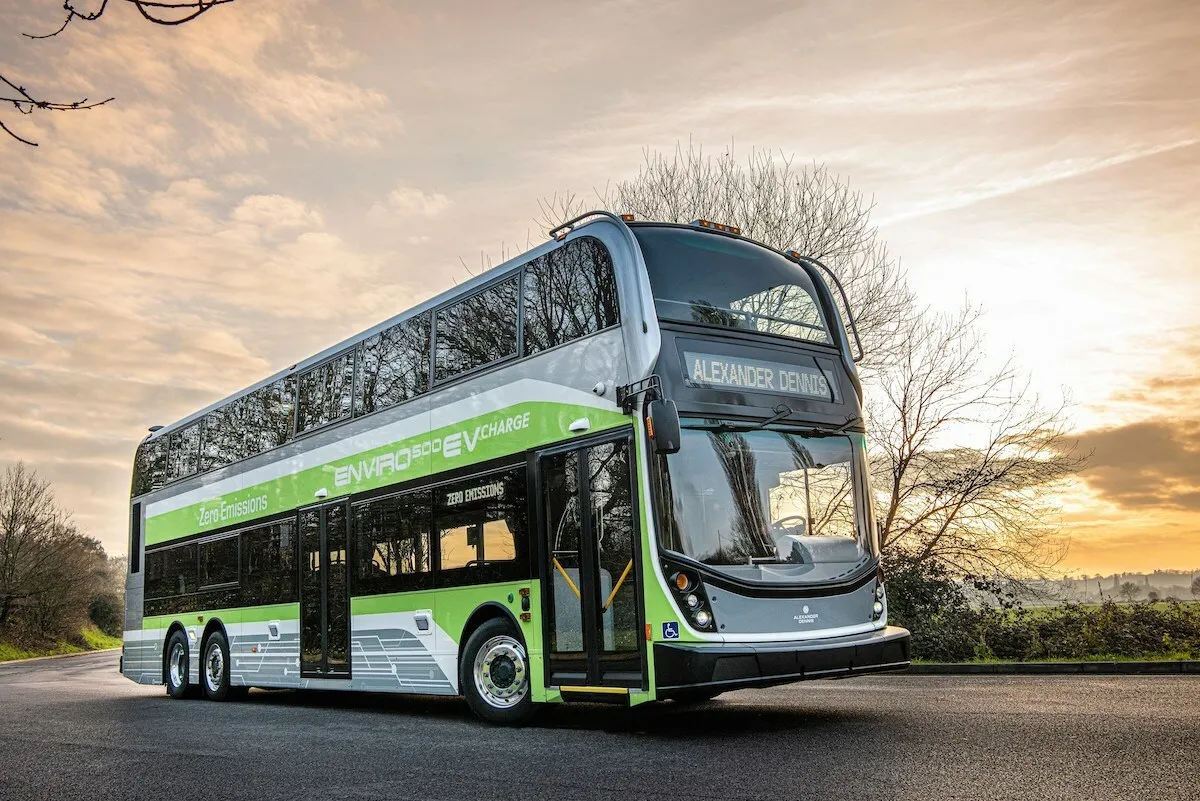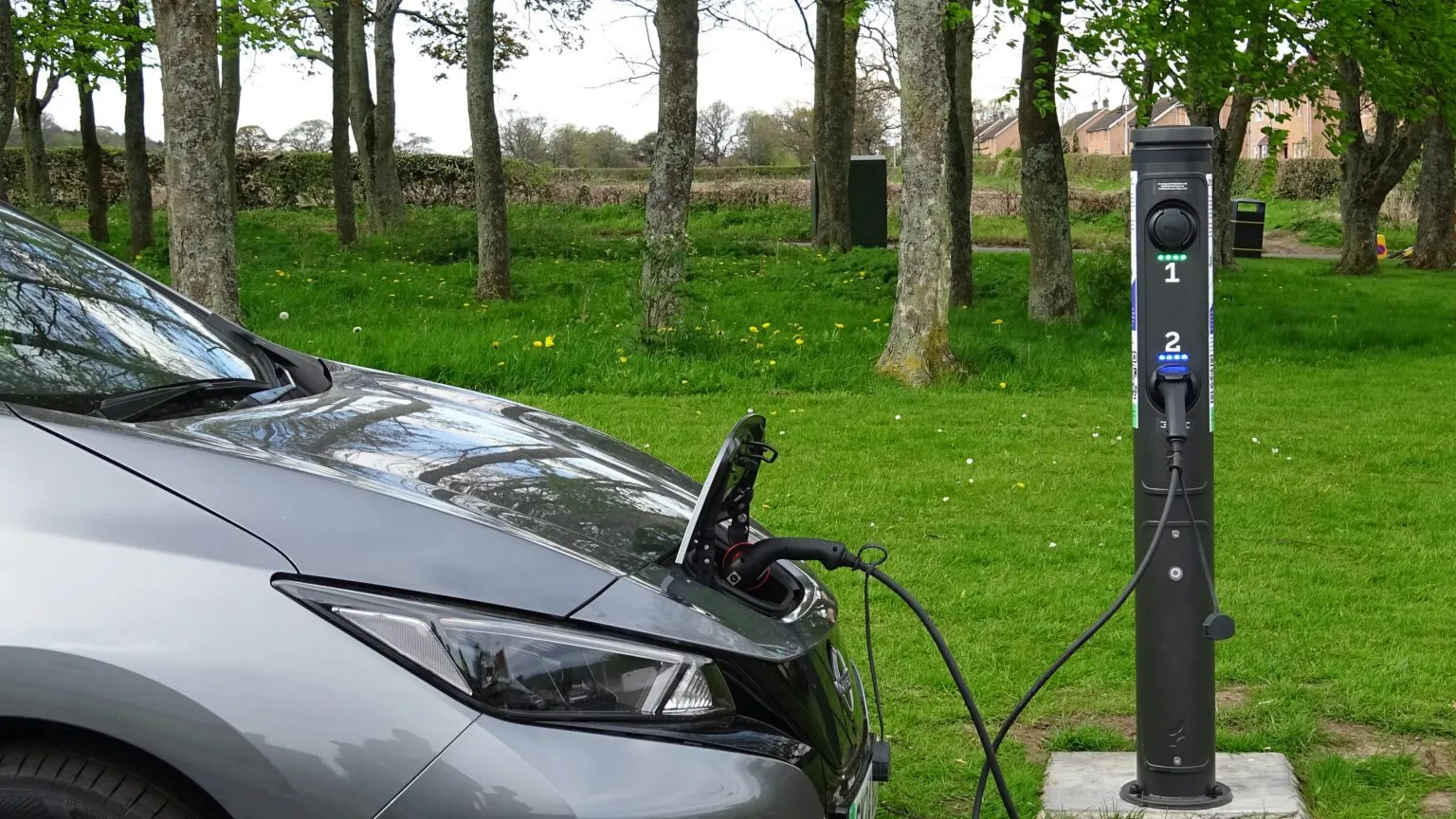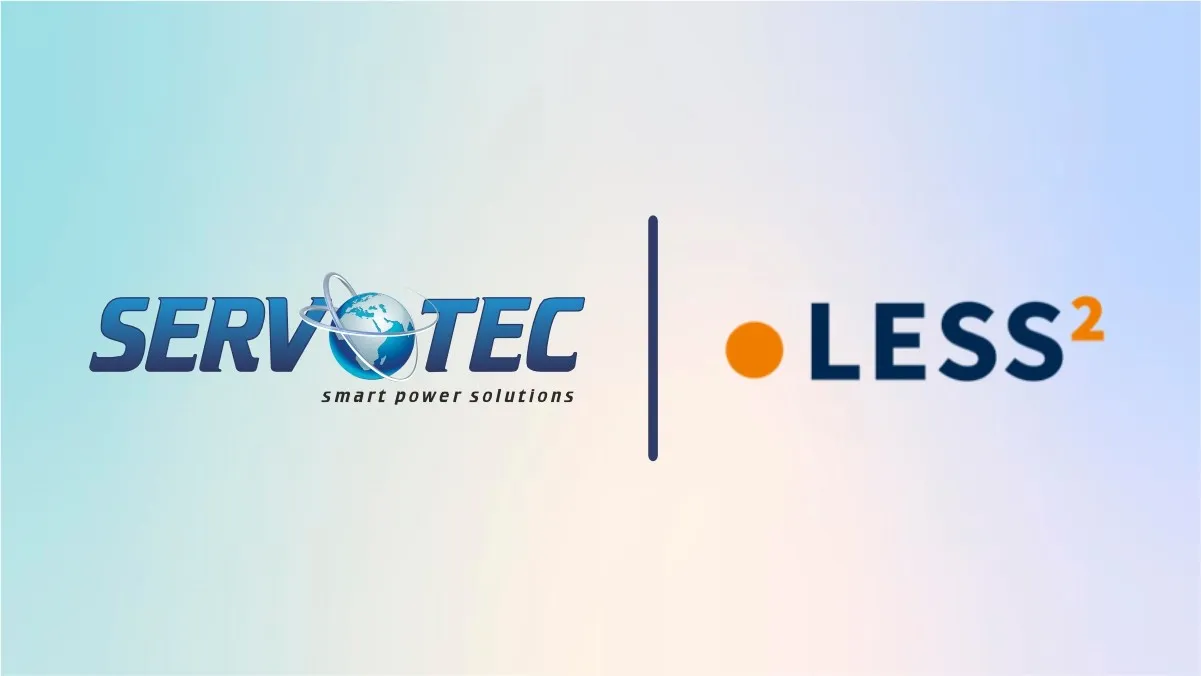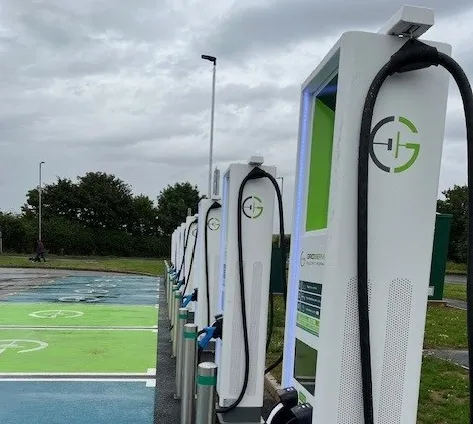
Sound Transit has ordered 33 zero-emission Alexander Dennis Enviro500EV double-decker electric buses and 15 60' articulated electric buses, powered by 13 300-kW in-ground inductive chargers. This roll-out will make Sound Transit the 7th transit agency in Washington State to deploy InductEV's patented wireless charging technology.
The company's technology is currently in use or scheduled for deployment in approximately 100 electric buses throughout the state, along with 35 InductEV in-ground wireless charging pads. The Sound Transit installation represents a significant achievement in overcoming the challenges of limited real estate in green space community districts.
InductEV's technology avoids wired, depot-oriented charging methods that consume considerable real estate and electric utility assets while allowing smooth, high-powered wireless charging interoperability for both double-decker and 60' articulated electric buses on BRT high-end commuter routes.
Daytime on-route wireless charging also enhances the use of renewable energy for electricity versus in-depot wired charging at night. Sound Transit will charge its buses on-route and in depots since nearly half of the electricity in the Puget Sound region comes from renewables.
"The inclusion of Alexander Dennis marks an exciting new chapter for InductEV," explained Brandon Anulewicz, chief revenue officer for InductEV. "Together, we'll grow the company's existing footprint and, by so doing, accelerate the benefits of wireless inductive charging technology in the commercial and municipal transport sectors."
InductEV's wireless charging technology debuted in the state in 2017 with Link Transit in Wenatchee, WA. Using InductEV's solution, Link Transit's accomplishments include a 17-hour duty cycle and a remarkable 1:1 diesel replacement ratio for enhanced range and operational efficiency. That deployment inspired several transit agencies to embrace the technology to reduce their carbon footprints and fuel costs. Sound Transit is the latest.









